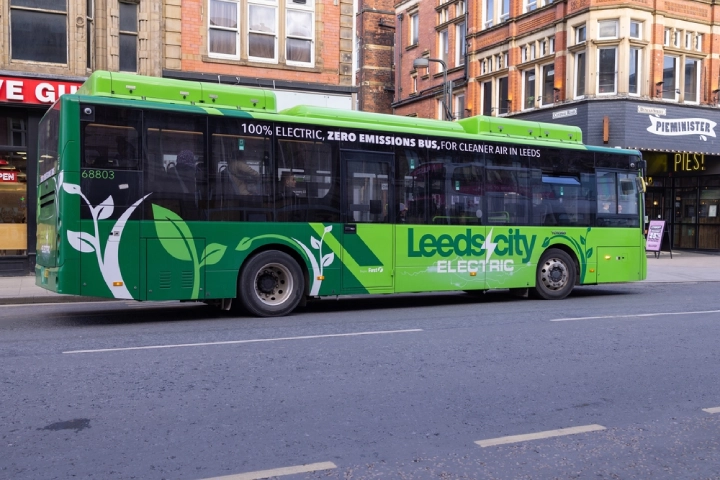
Investing in electric or hydrogen-powered buses may be key to solving the decades-long decline in bus travel among Britons, according to a new analysis.

Roger Brereton of UK steering parts manufacturer Pailton Engineering argues that the initiatives put forward in the government’s national bus strategy have the potential to reverse this fall by disincentivising the current preference for diesel vehicles among operators and leaning into the public’s appetite for greener transport.
Why has bus travel declined?
Bus travel has been increasingly less popular since the transport’s peak usage back in 1955 when bus journeys totalled 13.2 billion per year. The decline has been steady since then, reaching 4.7 billion in 2019/20 but falling by a further two-thirds to around 1.7 billion in the first year of the pandemic.
This correlates with the rise in car use over the same period. As Breton points out, the deregulation of bus services in 1986 did not help. In fact, Margaret Thatcher famously claimed that “a man who, beyond the age of 26, finds himself on a bus can count himself as a failure”.
The analysis also cites a rise in bus fares of 39% between 2009 and 2019, compared to 22% CPI inflation.
What is the national bus strategy?
In response to ailing bus travel, Boris Johnson’s government unveiled its national bus strategy in 2021 entitled “Bus Back Better”.
The aim was to reverse the persistent, decades-long lack of funding and bring national buses closer to London standards. It would also help buses to contribute to net zero by 2050 and forward the government’s “levelling up” agenda.
The measures included a £3 billion investment with the aim to give more input to local transport authorities in partnership with operators, introduce bus priority measures, reform bus fuel subsidies and – crucially, according to Breton – increase the uptake of electric buses.
Are electric buses the solution?
The analysis argues that funding for a target of 4,000 more electric buses will be a significant factor in the shift toward green transport, which in turn will encourage uptake from an increasingly climate-conscious public.
Breton claims that until recently, “the high capital expenditure required for investment in zero emissions buses meant that diesel buses remained the more viable option from a purely commercial point of view.” But he also says that investing in new green vehicles is still a greater leap than not replacing diesel buses.
There is a good indication, however, that if electric buses became more popular, the public would respond positively.
Breton highlights research conducted by ComRes showed that 55% of people would be more likely to travel by bus if a zero-emission option was available. The number of people who saw bus travel as a green option increased from 26 to 81% when electric vehicles were used.
Councils are already experimenting with electric buses, with some cities, such as Leicester, offering them as free city centre transport.
But the analysis is gloomy about the practicalities of wider adoption. With operators declining electric bus investments when users are trending downward, achieving the target of 4,000 by 2024 is unlikely.
[Read more: Where in the UK are electric vehicles most popular?]






